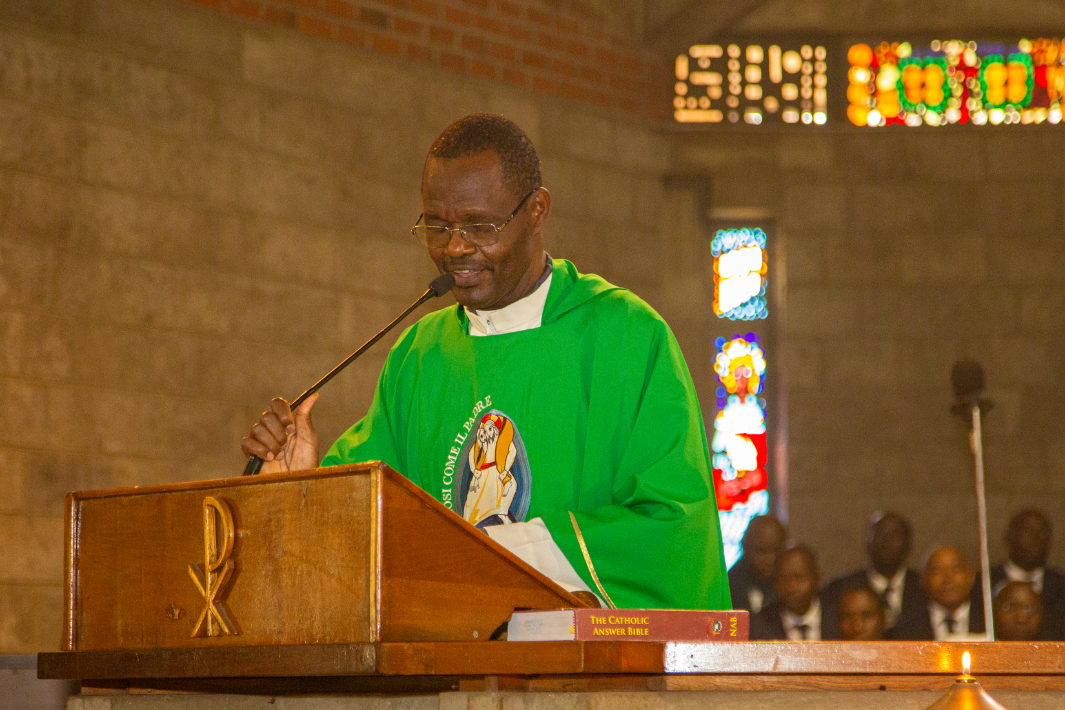By Paschal Norbert
NAIROBI, JANUARY 18, 2024 (CISA) – Pope Francis has appointed Rev Fr Jackson Murugara, IMC, a member of the Consolata Missionaries, currently serving as the parish priest and rector of the Consolata Shrine in Westlands, Nairobi, as the Coadjutor Bishop of Meru.
The announcement of his appointment was made by the Holy See Press Office on January 17.
54 year-old Fr Jackson will take over from 74 year-old Rt Rev Salesius Mugambi upon retirement, as the fourth bishop of the diocese of Meru. Once ordained as Coadjutor bishop, he will have the right of automatic succession.
Coadjutor Bishop-elect Jackson Murugara, was born on April 7, 1970, in Kamanyaki, Tharaka-Nithi County, within the Catholic Diocese of Meru. He joined the Institute of the Consolata Missionaries, where he pursued studies in philosophy at the Consolata Institute of Philosophy in Nairobi and theology at the Missionary Institute of London.
He made his religious vows on November 18, 2000, and was ordained a priest on August 15, 2001, in the Catholic Diocese of Meru.
Following his ordination, Msgr Murugara held various positions: Collaborator in the parishes of Kagaene and Mujwa in the Diocese of Meru (2001–2002), Parish vicar of Chiga in the Catholic Archdiocese of Kisumu (2002–2003) and Formator of postulants at the Consolata Seminary in Nairobi (2003–2009).
In 2011, he earned a licentiate in spiritual theology from the Pontifical Institute of Spirituality “Teresianum” in Rome. He later served as: Director of the Bethany House and Charity Home pastoral centers in the Catholic Diocese of Muranga (2011–2018) and Parish priest and rector of the Consolata Shrine in the Catholic Archdiocese of Nairobi (2018–present).
Who is a Coadjutor Bishop?
A coadjutor bishop, as enshrined in canon 403.3, is given special faculties. In this sense, he is much like the auxiliary bishop with special faculties, but there is one big difference: when the diocesan bishop retires or dies, a coadjutor bishop immediately becomes his successor (c. 409.1).
The presence of a coadjutor bishop, therefore, ensures that there is no period during which the episcopal see is vacant. Under this arrangement, the transfer of authority to a new diocesan bishop from his predecessor is as seamless as possible.
